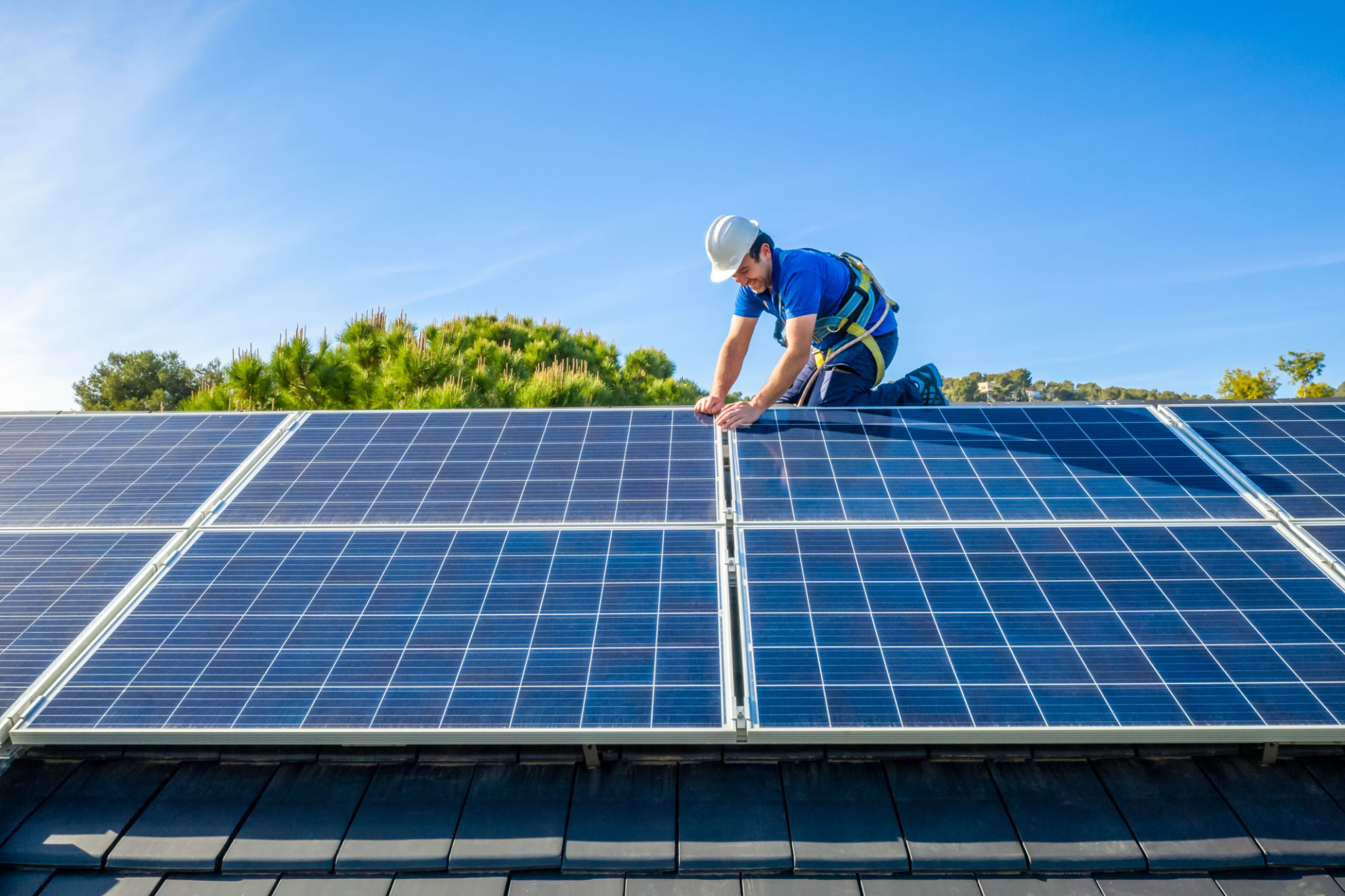Myths About Solar Power Debunked: What You Really Need to Know
Understanding Solar Power: Separating Fact from Fiction
Solar power is becoming increasingly popular as a clean and sustainable energy source. However, several myths still persist, causing hesitation among potential adopters. In this blog post, we aim to debunk some of these myths and provide you with the facts you need to make informed decisions about solar energy.

Myth 1: Solar Panels Don't Work in Cloudy or Cold Climates
A common misconception is that solar panels are ineffective in cloudy or cold climates. In reality, solar panels can generate electricity in a variety of weather conditions. While they are most efficient in direct sunlight, they can still produce energy on cloudy days. Countries like Germany, which has a relatively low number of sunny days, are leading in solar power usage, proving that climate is not a significant barrier.
Myth 2: Solar Panels Require Constant Maintenance
Another myth is that solar panels require constant and intensive maintenance. The truth is, solar panels are quite durable and designed to withstand various weather conditions. They have no moving parts, which minimizes the need for regular maintenance. An occasional cleaning to remove debris or dust is typically all that's needed to keep them in good working condition.

Myth 3: Solar Power is Too Expensive
Many people believe that solar power is not affordable. However, the cost of solar panels has dropped significantly over the past decade. Additionally, there are various incentives and financing options available that can make solar installations more accessible. Investing in solar power can lead to long-term savings on energy bills, making it a cost-effective choice.
Myth 4: Solar Panels Are Harmful to the Environment
Some critics argue that the production and disposal of solar panels are harmful to the environment. While there is an environmental impact associated with manufacturing any product, the overall benefits of solar power far outweigh these concerns. Solar energy reduces reliance on fossil fuels and decreases greenhouse gas emissions, contributing positively to the environment.

Myth 5: Solar Energy Storage is Inefficient
There is a belief that storing solar energy for later use is inefficient. Modern battery technology has significantly improved, making it possible to store excess energy effectively. These advancements allow homeowners to use solar energy even when the sun isn't shining, providing a reliable energy source day and night.
The Real Benefits of Solar Power
Understanding the truths about solar power can help dispel myths and encourage more people to consider this sustainable energy source. The advantages of solar power include:
- Reduction in Energy Bills: Solar power can significantly lower or even eliminate electricity costs.
- Energy Independence: Generating your own power decreases reliance on traditional energy sources.
- Environmental Impact: Solar energy helps reduce carbon footprint and combat climate change.
In conclusion, while myths about solar power may persist, the facts demonstrate that it is a viable, cost-effective, and environmentally friendly energy solution. By understanding and addressing these myths, more individuals can make informed decisions about incorporating solar power into their lives.